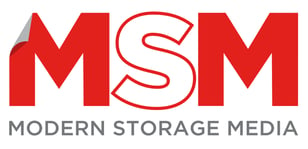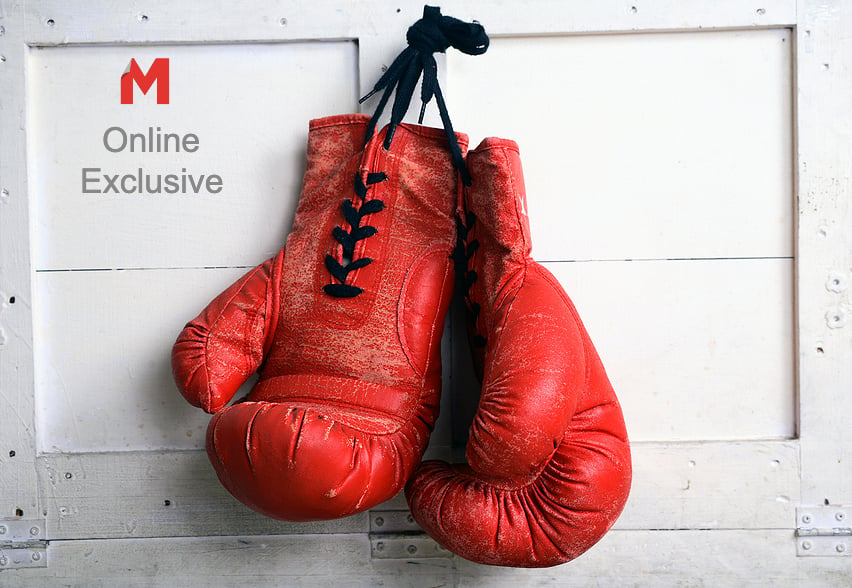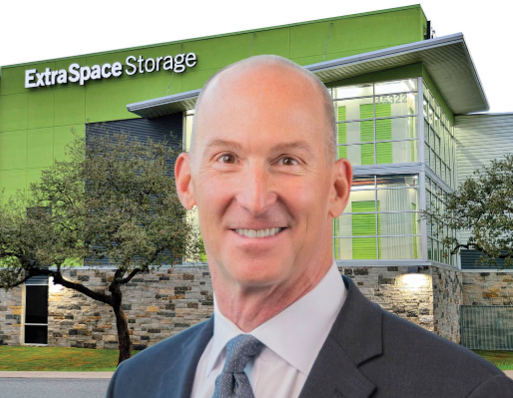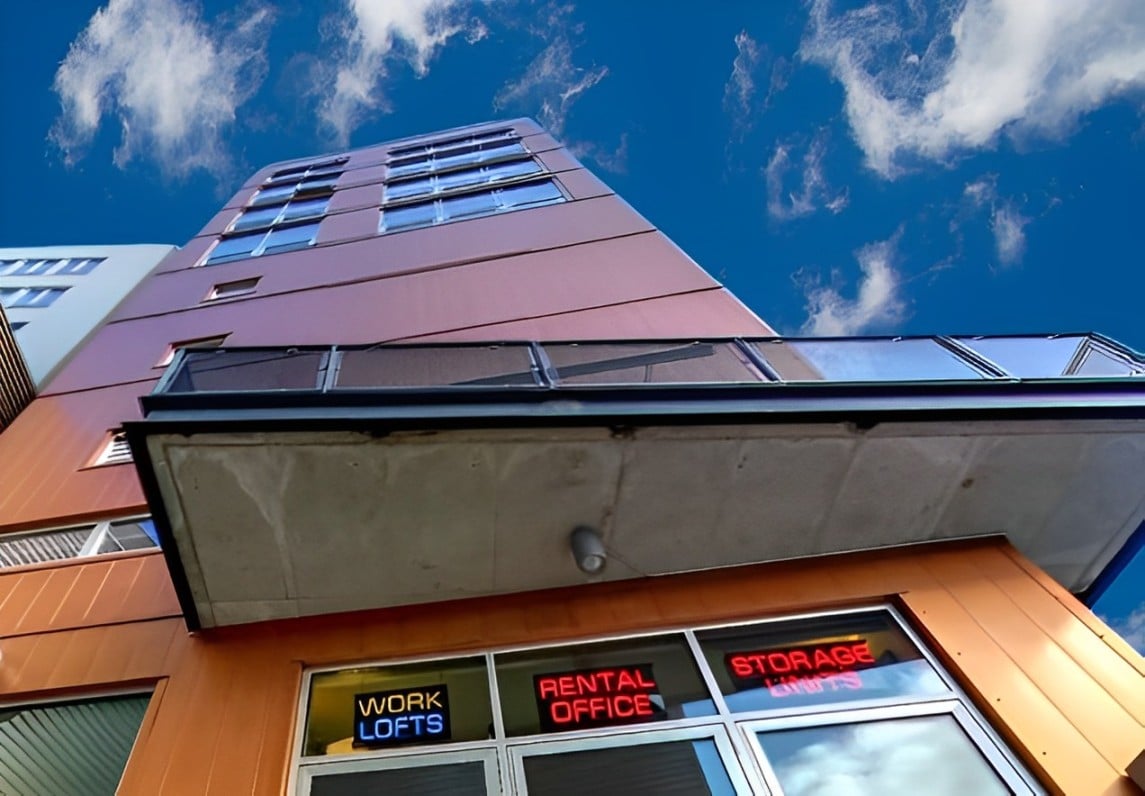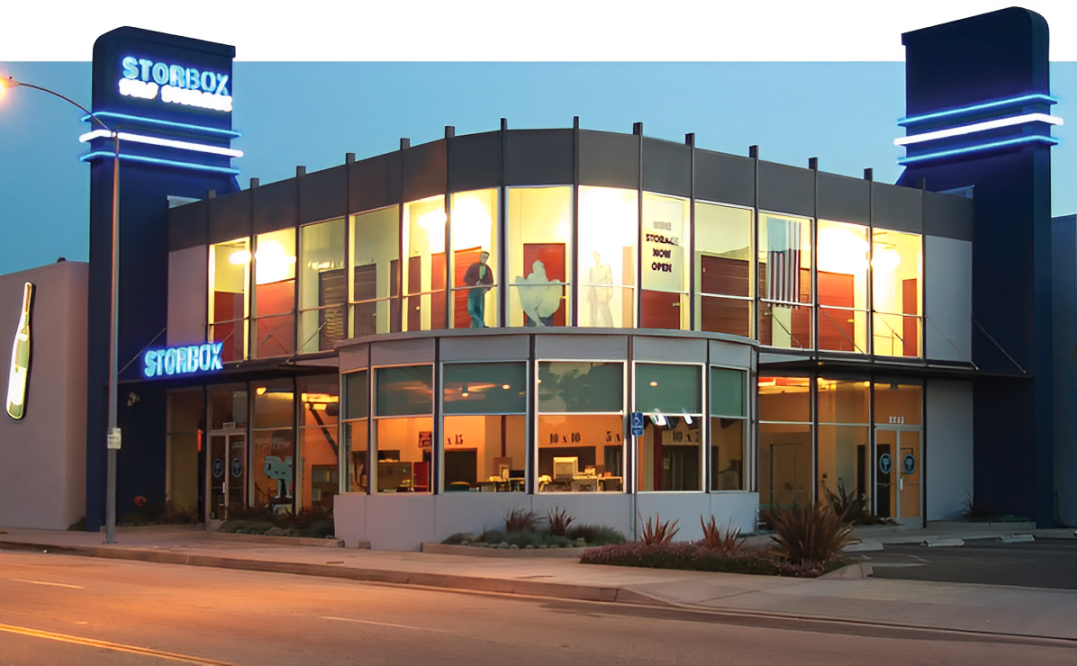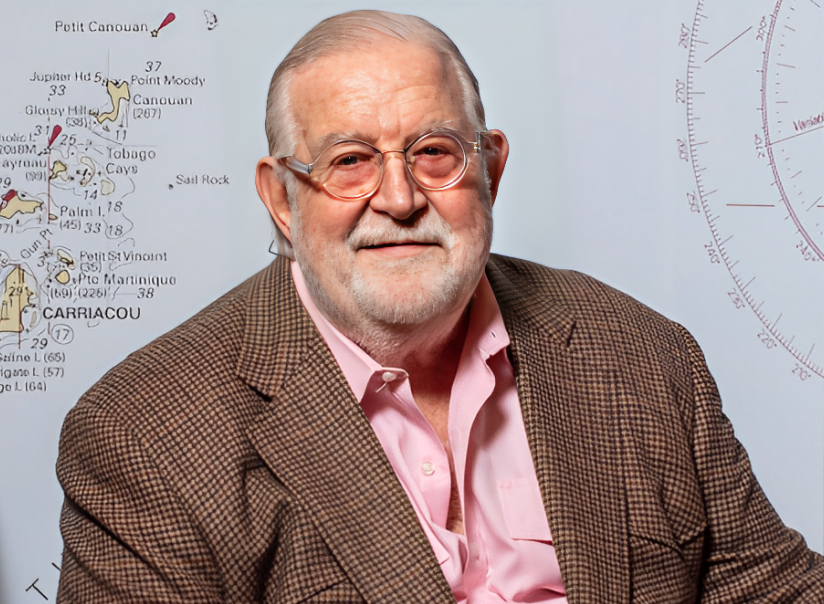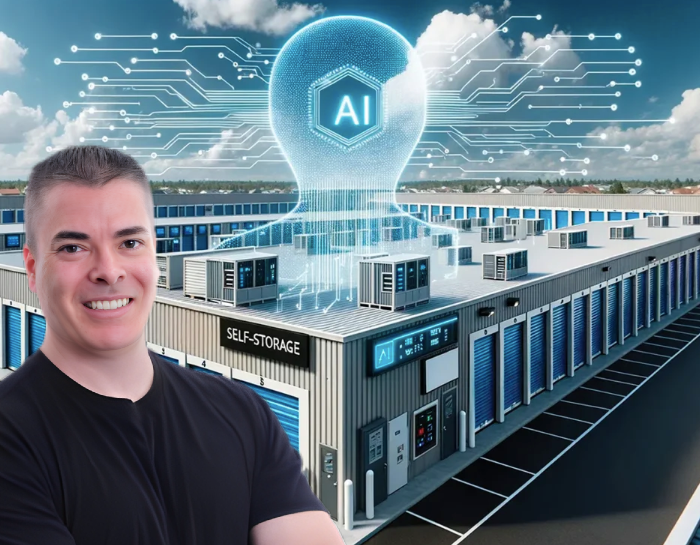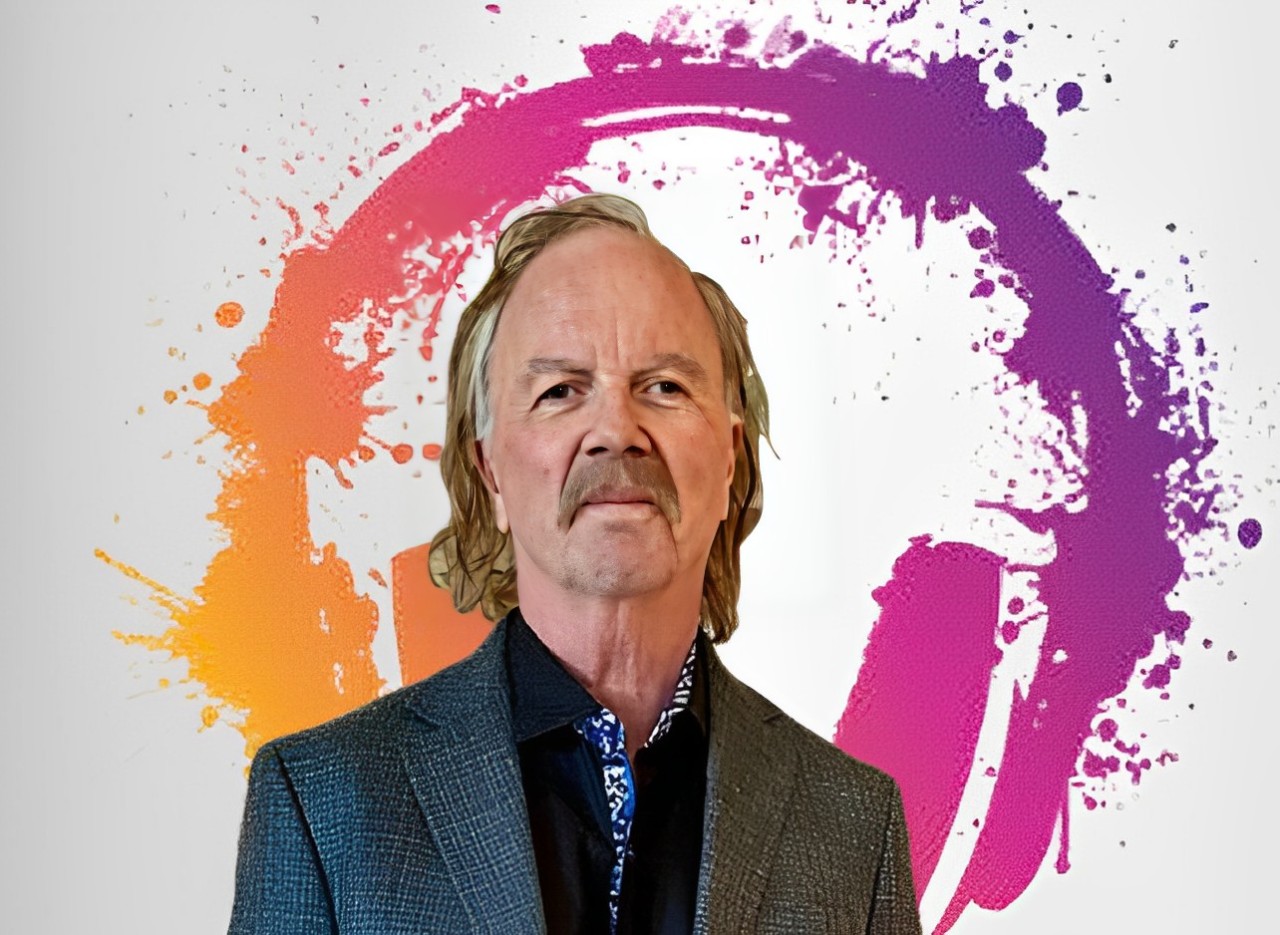Drew Hoeven
Drew Hoeven, president of real estate and chairman of Westport Properties, Inc./US Storage Centers
This past June the self-storage industry lost an icon, Westport Properties, Inc./US Storage Centers lost its “fearless leader”, and the Hoeven family lost its loving patriarch when Barry Hoeven’s grueling 18-year-long battle with cancer came to an end despite his determination and will to fight.
“He had a never-give-up attitude in all aspects of life,” says Drew Hoeven, president of real estate and chairman of Westport Properties, Inc./US Storage Centers. “He was always optimistic.”
A Solid Foundation
In 1972, Barry graduated from the University of Southern California (USC) with a business degree in finance and marketing. After graduation he continued at USC, earning an MBA in the entrepreneurial program in 1973. Barry then moved to Orange County, where he began a career in real estate development. Some of his early work experience included several senior-level positions with Public Storage, The Irvine Company, and the Colliers-Seeley Company.
Barry founded Westport Properties, Inc., and US Storage Centers, Inc. in 1985 and 1998 respectively. Westport Properties is a real estate development and management company that owns or manages self-storage facilities; US Storage Centers currently operates 100-plus self-storage facilities with a total of more than seven million rentable square feet of storage space. The properties are located throughout the 13 states of Arizona, California, Colorado, Florida, Georgia, Louisiana, Maryland, Massachusetts, Nevada, Oregon, Tennessee, Texas, and Washington.
Throughout his 30-plus years as a self-storage professional, Barry was an active member of the California Self Storage Association (CSSA) and Self Storage Association (SSA). He served as a board member for and was on the Self Storage Association Foundation’s (SSAF) Board of Governors. In addition, Barry served on the board of advisors for the Lloyd Grief Center for Entrepreneurial Studies at the University of Southern California and the Center for Real Estate in the Paul Merage School of Business at the University of California in Irvine.
The Fight For Funds
Although Barry was diagnosed with a rare form of kidney cancer in 1998, he and his wife kept his illness under wraps as not to disrupt the lives of their three children, Drew, Hilary, and Chase. “I didn’t know until the end of 2004,” recalls Drew, who adds that his father remained strong throughout his battle. “He never complained. He always fought through the pain.”
As a matter of fact, Barry was known to continuously put his pain on the back burner to attend self-storage conferences and charity events—even if that meant riding his scooter and wearing sandals with a suit because his feet were sore and swollen from his various cancer medications.
Around the time that Drew became aware of his father’s diagnosis, he had been actively searching for a new career. “We found out in 2005 that Barry was given six months to live, that it was stage-four, terminal cancer.” Drew joined the team at Westport Properties shortly thereafter, learning all the aspects of the business under the guidance of his father and his father’s partners. He was blessed with working side by side with his father for 11 years rather than the original six months.
According to Drew, Barry spent the past 10 years building a great team at Westport in order to focus on what would become his second passion: funding cancer research. In April 2007, Barry partnered with City of Hope to create the Kure It! Kidney Cancer Research Fund. This initiative became a 501(c)(3) non-profit organization in January 2010. Since its inception, Kure It has raised approximately $5 million to support underfunded cancer research in hopes of finding a cure.
But Kure It was just the start of Barry’s fight for funding. He also co-founded Charity Storage, a 501(c)(3) non-profit organization headquartered in Newport Beach, Calif., that raises money for charities through self-storage auctions. Moreover, Charity Storage was another vehicle for raising money for cancer research as 30 percent of the proceeds from charity unit auctions are donated to Kure It, 10 percent to the SSA Foundation Scholarship Fund, and 60 percent to the charity of the operator’s choice.
When interviewed for an article in the September 2012 issue of Mini-Storage Messenger, Barry commented that “Charity Storage is an easy way for storage facilities to give back to their communities. It creates a good reputation for the industry as well.” He went on to say, “It is an easy program to roll out and managers enjoy getting involved with it.”
Another simple program developed by Barry is Round Up for Research. First implemented at US Storage Centers’ facilities in 2012, the program encourages tenants to round their monthly bills up to the nearest dollar. The company then matches 100 percent of its customers’ donations. The program’s success at US Storage Centers’ facilities inspired Barry to promote its adoption throughout the industry.
In actuality, Barry tireless promoted all three of the above efforts every chance he could. “He was relentless when it came to marketing them,” says Drew. “When he was inducted into the SSA’s Hall of Fame in 2014, he didn’t use that spotlight to talk about himself. He used that opportunity to promote The SSA Foundation Scholarship Fund”.
Indeed—from association conferences, special events, and silent auctions to corporate sponsorships—raising money for cancer research has become synonymous with self-storage thanks in large part to Kure It, Charity Storage, and Round Up for Research. Barry’s other initiative that raises funds for cancer research is Rivals United for a Kure, which unites students, alumni, and fans of the University of Southern California and the University of California – Los Angeles through the mission of funding innovative cancer research.
Becoming A Legend
Despite his passing, Barry’s altruistic spirit remains. “Kure It is in our veins at Westport,” says Drew, who notes that one of his father’s greatest accomplishments was being able to interlink his two passions: raising money for cancer research and self-storage. “He was selfless,” Drew adds. “He was very giving of his time and money.”
In addition, he leaves behind an aura of genuine caring by being an encouraging, friendly individual who made it a point to remember everyone’s name—a legacy that Drew hopes to live up to. It’s safe to say that Barry managed to have a positive influence on his employees and colleagues, the students he mentored at USC’s Marshall School of Business, his family, and just about everyone with whom he came into contact.
When asked what final thoughts Barry would want to share with the self-storage industry, Drew says, “to focus on relationships and always give back”.
“Business is not just all about profit,” adds Drew. “Share with others and be grateful for what you’ve been given.”
Without a doubt, there is a lot to be learned from Barry’s personality and how he courageously fought his battle with cancer. May his warm memory and benevolent contributions continue to grace the self-storage industry and all of the individuals within it. Fly high, Barry.
In Barry’s Memory
For more information about the charities mentioned in this article or to make a donation in memory of Barry, please visit one of the following websites:
In Barry’s Memory
For more information about the charities mentioned in this article or to make a donation in memory of Barry, please visit one of the following websites:
- www.kureit.org
- www.charitystorage.org
- www.rivalsunitedforakure.org
Erica Shatzer is the editor of Mini-Storage Messenger, Self-Storage Now!, and Self-Storage Canada.
More Content
Popular Posts
The REITs new pricing strategy – lowering...
The self storage industry is in a precarious...
With the approval of both companies’...
Recent Posts
Owning or managing a self-storage facility...
Helen Keller is quoted as saying, “Alone we...
It’s often been said that “opportunity is...
There’s a saying in Florida that there are...
The landscape of the self-storage industry...
Last January, the prime interest rate was...
Many of us are seeking ways to bring in new...

